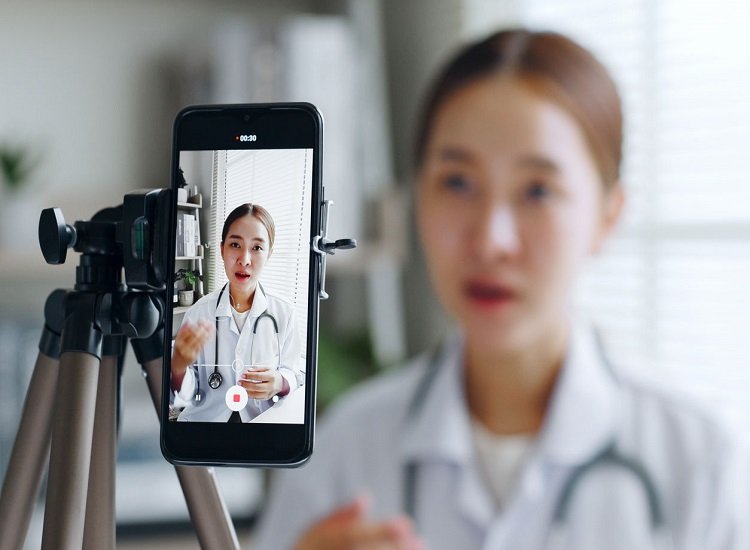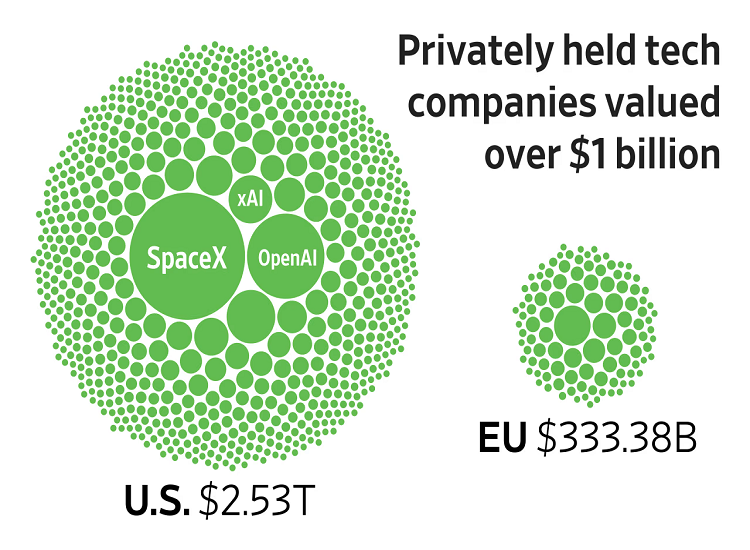Introduction
TikTok has become a popular platform for sharing mental health content, especially among younger audiences. However, a recent study — reported by The Guardian — revealed that over half of the top 100 mental health videos contain misleading or inaccurate information. This raises concerns about the reliability of TikTok as a source for mental health advice, which was also analyzed by experts featured in ManageMinds and news outlets like the New York Post.
The Study’s Findings
A team of psychiatrists and psychologists examined the 100 most viewed TikTok videos about mental health and found that 52 contained misinformation. The misleading content included oversimplified self-help advice, misuse of clinical terms, and promotion of unverified treatments. Some videos suggested quick fixes, such as eating an orange in the shower, while others promoted unproven supplements — examples highlighted in reports by The Guardian and BACP.
Common Themes of Misinformation
Misuse of Therapeutic Language
Many videos misrepresented clinical mental health terms, trivializing serious disorders. Normal emotional experiences were often labeled as symptoms of complex conditions like borderline personality disorder or depression, causing confusion. This issue was documented by The Guardian and discussed on platforms like Her Campus.
Oversimplified Self-Help Advice
Numerous TikTok creators offered generic self-help tips lacking scientific evidence. While well-meaning, such advice risks discouraging individuals from seeking professional support. This concern has been raised by mental health organizations and analyzed by IOL.
Promotion of Unverified Treatments
Some content promoted unproven treatments, like rapid trauma healing through writing or unverified supplements. These claims can be dangerous if they cause people to avoid evidence-based care, a problem covered extensively by The Guardian.
The Impact on Viewers
The widespread misinformation can mislead vulnerable users, distorting their understanding of mental health and trivializing serious disorders. Experts warn the TikTok algorithm can amplify misinformation by repeatedly showing similar content, creating “echo chambers.” This issue has been discussed in depth by the New York Post and ManageMinds.
TikTok’s Response
TikTok has responded by working with organizations such as the World Health Organization (WHO) and the National Health Service (NHS) to remove harmful misinformation. The platform claims that 98% of such content is removed proactively, as reported by The Guardian and New York Post.
Recommendations for Users
Given the risks of misinformation, users should approach TikTok mental health content cautiously. It’s important to consult qualified professionals for accurate diagnoses and treatment. While social media raises awareness, it is not a substitute for professional advice — a point emphasized by ManageMinds.
Conclusion
This study highlights the critical need to evaluate mental health information on social media carefully. As misinformation spreads, users must rely on trusted sources and healthcare professionals. Platforms like TikTok must continue efforts to improve content accuracy to protect their audiences.
For more on supporting lives and building healthier futures through responsible community initiatives, visit Deliveroo Full Life.




